Fueled by strong demand from the industrial sector amid an economic recovery and industrial decarbonization, China's liquefied natural gas imports could hit a record in 2024, company executives and experts said.
China, the world's top importer of the super-chilled fuel, is on course to import around 80 million metric tons of LNG this year, driven by increased demand from the industrial and commercial sectors, said Zhang Yaoyu, global head of LNG and new energies for PetroChina International under China National Petroleum Corporation.
China's LNG imports rose 12.6 percent year-on-year in 2023 to 71.32 million tons, overtaking Japan as the world's largest LNG importer. This was a significant rise compared to 63.44 million tons of LNG imported in 2022.
China has shipped nearly 20 million tons of LNG already during the first three months, with the chemicals, paper, steel and cement industries driving growth in demand, making the estimated 80 million tons achievable, said Zhang.
Li Ziyue, an analyst with BloombergNEF, said China has become the dominant force in LNG worldwide amid the country's energy transition.
Gas consumption in the transport sector, seen as a relatively clean bridge fuel, is projected to experience the fastest growth due to the cost-effectiveness of natural gas commercial vehicles, she said.
The country's State-owned enterprises have also led China's expansion of its capacity to handle LNG, while private companies are playing an increasingly active role in building LNG terminals, she said.
About 60 percent of the LNG facilities under construction are by State-owned enterprises and the rest by private domestic companies, she said.
BloombergNEF said it expects China's base-case natural gas demand in 2024 to increase 8 percent year-on-year to 421 billion cubic meters, while LNG imports are estimated to rise 17 percent annually to 81 million tons this year.
The transportation sector is expected to see the largest increase in gas consumption during the warmer months (April to September) due to the good economics of natural gas commercial vehicles, it said.
Chinese companies are on course to buy more LNG on a long-term basis than any single nation, as it is looking to sign more deals to avoid possible shortages and reduce dependence on spot deliveries. Of all global long-term liquefied natural gas volumes last year, 33 percent is going to China, according to Bloomberg.
According to Shell's LNG Outlook 2024, the global LNG market will continue to grow into the 2040s, mostly driven by China's industrial decarbonization.
The development of China's gas infrastructure has been accelerating in recent years and the long-term gas and LNG demand outlook in China remains strong as the country has been also diversifying its import destinations, it said.
"China is likely to dominate LNG demand growth this decade as its industry seeks to cut carbon emissions by switching from coal to gas," said Steve Hill, executive vice-president for Shell Energy.



















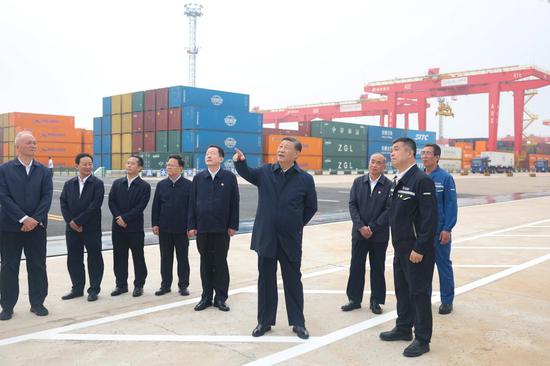


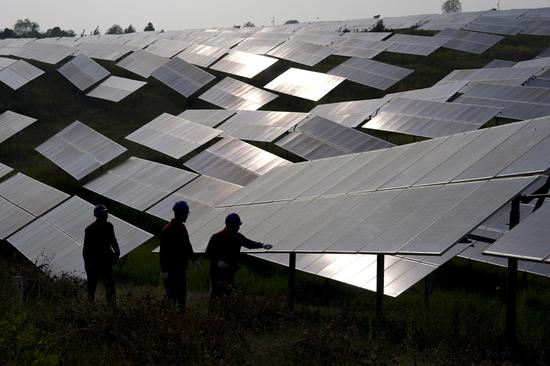

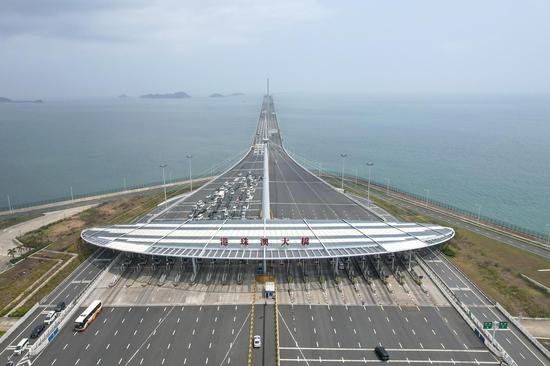



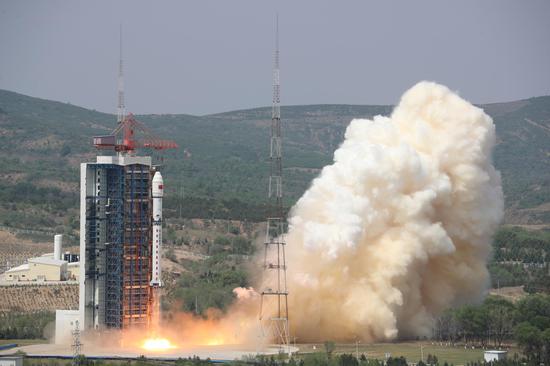










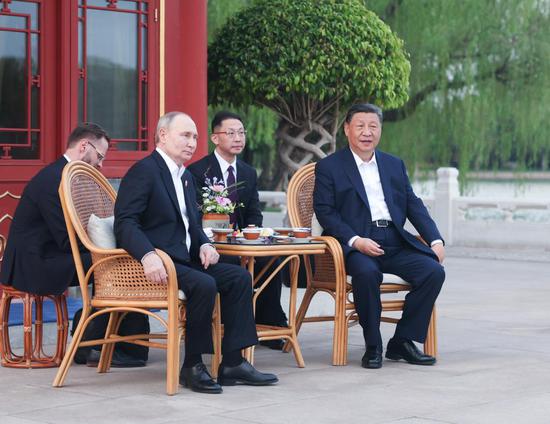
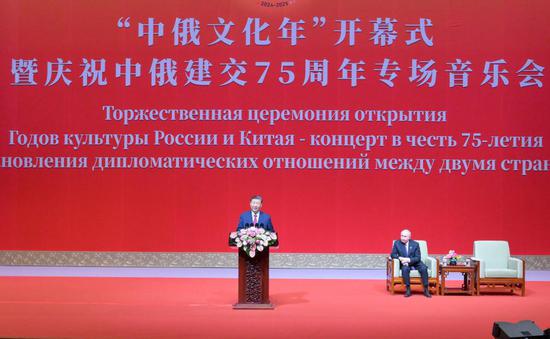
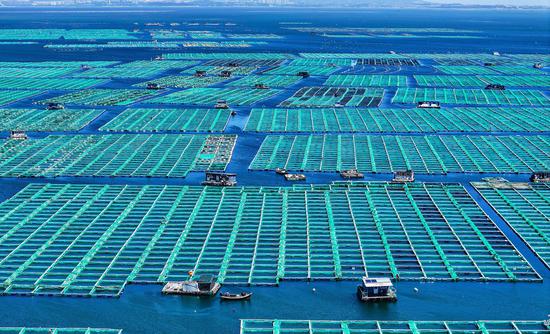








 京公网安备 11010202009201号
京公网安备 11010202009201号